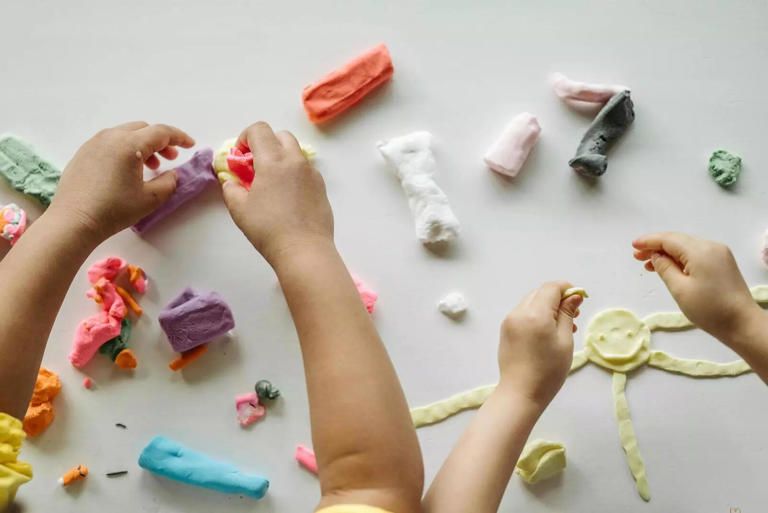 Image Source: MSN
Image Source: MSN
Fine motor skills—the ability to use small muscles in the hands and fingers with precision—are fundamental to a child’s development. These skills underpin crucial everyday functions like writing, buttoning clothes, and using utensils. Engaging your child in purposeful yet enjoyable activities can dramatically enhance these abilities, setting a strong foundation for academic success and independence. Here are five innovative and fun tricks to help supercharge your child’s fine motor skills this year.
Key Highlights on Fine Motor Skill Development
Fine motor skills involve hand-eye coordination, finger dexterity, and muscle strength.
Developing these skills improves handwriting, self-care, and overall nervous system coordination.
Fun, playful activities promote learning better than repetitive drills by engaging curiosity and creativity.
Incorporating tasks that challenge gripping, pinching, threading, and manipulating small objects builds hand strength and control.
Five Engaging Ways to Boost Your Child’s Fine Motor Dexterity
Playdough Art and Sculpting
Manipulating playdough exercises finger strength, hand control, and bilateral coordination. Encourage your child to squeeze, roll into snakes, pinch to form shapes, or hide small objects inside and discover them. Sculpting shapes like faces or animals promotes creativity while fine-tuning precise finger movements.
Threading and Lacing Activities
Using laces, beads, or even dry pasta, threading tasks develop pincer grasp and hand-eye coordination. Craft DIY projects like sock puppets, colorful garlands, or button art. For added challenge, use different thread thicknesses or patterns that require following sequences.
Clothespin Pinching Games
Attaching clothespins to boxes, papers, or craft sticks strengthens thumb and finger muscles essential for gripping pencils or zippers. Turn this into a counting game, a color match, or a creative art project where clips become “leaves” or “petals,” blending learning with play.
Sorting and Matching Mini-Objects
Provide containers of coins, beads, buttons, or different shaped pasta for your child to sort by size, color, or type. This boosts visual discrimination skills alongside hand precision. Using tools like tongs or tweezers for transferring objects offers an extra motor challenge.
Squirting and Pinching with Everyday Tools
Water play with spray bottles, syringes, or droppers builds wrist stability and finger strength. Balloon volleyball or ice cube tray painting with squirt bottles combine fun with motor control. Simple tasks like opening and closing jars, twisting bottle caps, or inserting keys in locks practice twisting and precision movements.
Why These Tricks Work
Each of these activities targets multiple aspects of fine motor control, including grip strength, finger isolation, coordination, and sensory feedback. By integrating creative play, art, and practical skills, children engage more deeply, enhancing both motivation and retention. Furthermore, these exercises help foster bilateral coordination—using both hands together—a critical skill in writing and daily tasks.
Beyond Motor Skills: Cognitive and Emotional Benefits
These hands-on activities also support cognitive development by encouraging problem-solving, sequencing, and pattern recognition. Emotional benefits arise as children gain confidence through mastering challenges and expressing creativity, which can boost self-esteem and patience.
Practical Tips for Parents
Supervise activities involving small parts to ensure safety.
Customize tasks to suit your child’s age and skill level, gradually increasing complexity.
Embed fine motor play in daily routines like cooking, gardening, or dressing.
Use positive reinforcement and celebrate efforts, not just results.
Rotate activities to sustain interest and address different skill areas.
Conclusion: Building Strong Hands for Lifelong Success
Enhancing fine motor skills is a journey best undertaken with fun and variety. By incorporating these five playful strategies into your child’s day, you lay down the groundwork for successful writing, self-care, and creative expression. As these foundational skills grow stronger, children become empowered, independent learners ready to explore the world with confidence and skill.
Sources: NAPA Center, Pentagon Play, Lumiere Child, Teach Early Years
Advertisement
Advertisement






